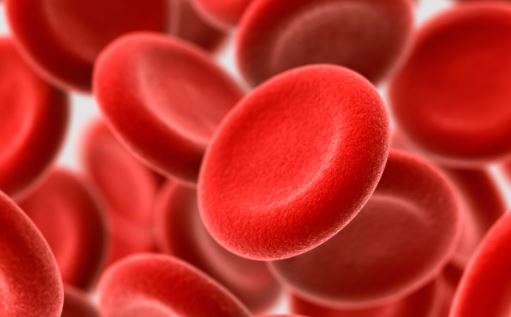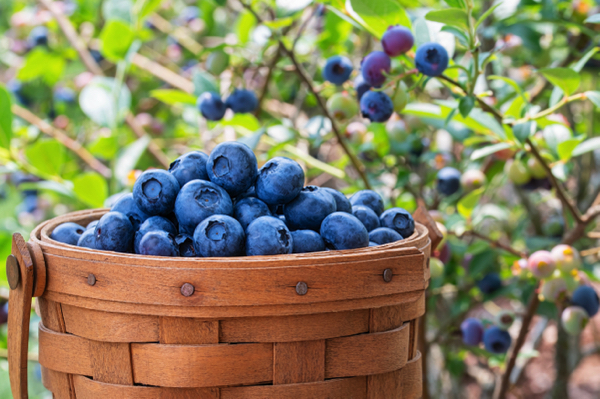Sunlight, vitamin D, and the shocking truth about colon cancer prevention
06/27/2025 / By Lance D Johnson

For decades, the war on cancer has been fought with expensive drugs, toxic chemotherapy, and convoluted genetic therapies—all while ignoring one of the most powerful and accessible defenses nature provides: vitamin D. A groundbreaking new analysis published in Nutrients reveals that optimal vitamin D levels can slash colorectal cancer risk by up to 58%, transforming sunlight into one of the most potent anti-cancer “drugs” ever studied. Yet, thanks to deceptive public health campaigns demonizing sun exposure and pharmaceutical corporations profiting from synthetic alternatives, 80% of adults remain critically deficient—placing them at unnecessary risk for one of the deadliest cancers in the Western world.
This isn’t just about numbers on a lab report. It’s about medical freedom, nutritional sovereignty, and the right to access healing that doesn’t come with a prescription pad. The study, which reviewed 1.3 million participants across 50 studies, confirms what natural health advocates have argued for years: Vitamin D suppresses cancer cell growth, reduces inflammation, and strengthens intestinal integrity—making it indispensable in the fight against colorectal malignancies. Meanwhile, conventional oncology continues pushing chemotherapy while ignoring the cheapest, most effective prevention tool available.
Key points:
- Higher vitamin D levels correlate with up to 58% lower risk of colorectal cancer, especially in women (Nurses’ Health Study).
- Supplementing with 1,000–2,000 IU daily reduces polyp formation by 33–43%, stopping precancerous growths before they turn malignant.
- Vitamin D activates tumor-suppressing genes, regulates gut microbiota, and triggers programmed death in cancer cells (ferroptosis).
- Despite overwhelming evidence, 42% of adults suffer severe deficiency due to indoor lifestyles and misguided sun avoidance.
The study that confirms everything
The 2025 meta-analysis in Nutrients exposed a direct inverse relationship between vitamin D and colorectal cancer risk—consistent across diverse populations, climates, and genetic backgrounds. In Denmark, participants with a family history of cancer saw stronger protection from higher vitamin D levels, dismantling the myth that genetics are destiny. Even more compelling: Canadian researchers found vitamin D slashed high-risk polyps by 43%, proving early intervention can halt cancer before symptoms appear.
The science is unequivocal:
- Vitamin D receptors (VDRs) in colon cells regulate growth and trigger apoptosis (cell death) in malignant tissue.
- Sirtuin-1 (SIRT1), a longevity protein activated by vitamin D, repairs DNA damage and suppresses tumor progression.
- Gut microbiome balance improves with vitamin D, reducing inflammation linked to colon cancer (Wyatt et al., 2024).
Yet the medical establishment still advises “moderate sun exposure” while failing to test patients’ levels routinely.
Additionally, a Spanish study found that adults in the highest vitamin D intake quartile had a 56% lower risk of colon cancer compared to the lowest quartile (HR: 0.44). While the overall CRC risk reduction was 45% (HR: 0.55), this trend was not statistically significant. However, when excluding supplement users, the CRC risk reduction rose to 48%, and colon cancer risk dropped by 59%.
Earlier research aligns with these findings:
- A cohort of ~1,950 men showed a 50% lower colon cancer incidence with high vitamin D intake (>150 IU/day).
- Two large U.S. studies—one with 89,000 female nurses and another with 48,000 men—linked high vitamin D intake to ~50–58% lower colon cancer risk.
- Experts suggest maintaining 82 nM circulating vitamin D (25D) could halve CRC incidence, with the WHO acknowledging a probable causal link.
How to harness vitamin D’s power—safely
- Sunlight first: Just 15 minutes of midday sun on bare skin (face/hands) provides 25,000 IU of D3—far more bioavailable than supplements. Darker-skinned individuals may need longer exposure.
- Test your levels: Optimal range for cancer prevention is 60–80 ng/ml. Below 30 ng/ml is insufficiency; under 20 ng/ml is deficiency.
- Supplement wisely: If sunlight is scarce (winter/northern latitudes), 5,000 IU D3 daily, paired with vitamin K2 and magnesium, mimics natural synthesis.
- Ditch seed oils: Linoleic acid (LA) in processed foods blocks vitamin D benefits by causing oxidative skin damage. Switch to healthy fats (butter, tallow).
Vitamin D’s role in colon health extends to the microbiome. Studies show it enriches protective bacteria (Bifidobacterium, Anaerostipes) while suppressing harmful strains (Prevotella). Combined with a diet free from ultra-processed foods, vitamin D creates an environment where cancer cannot thrive.
For the latest on natural cancer prevention, bookmark Cancer.News, VitaminD.News, and Prevention.News.
Sources include:
Submit a correction >>
Tagged Under:
Big Pharma deception, Colorectal Cancer, dietary supplements, ferroptosis, gut health, immune health, medical freedom, microbiome, natural medicine, polyp prevention, public health corruption, SIRT1, sunlight, VDR, vitamin D
This article may contain statements that reflect the opinion of the author




















